When it comes to owning a new vessel, The Captain’s creed is: “Love your boat and it’ll love you back.” The marine environment is full of nasty surprises that can wipe the value off your shiny new rig faster than a rat up a drain. Or worse, render it inoperable. The Captain believes that prevention is better than cure, so it’s all about the maintenance.
KEEP YOUR EYES PEELED
Keen observation plays a critical role in boat maintenance. For example, water leaks, oil leaks, hot spots, temperatures, noises, vibrations and warning alarms should come to the attention of an attentive skipper. If it’s your first time on the water, these are the items you should pay close attention to. The Captain’s crew make the following checks on every trip.
THE CAPTAIN’S TOP 10 DAILY CHECKS
1. Check oil levels in a four-stroke motor. The black, slippery stuff helps dissipate heat from mechanical components and removes nasties. That’s why the oil should be changed every 12 months or 100 hours during a service. In a two-stroke engine, oil is premixed with the fuel at a ratio of 25:1 up to 50:1. Be sure to check with the manufacturer of your motor for the correct oil grade and amount.
2. Gearbox seals can leak due to ingress from fishing lines, eventually causing mechanical failure. Be sure to check that the prop is spinning freely without impediment from, say, fishing line. A regular gearbox oil change will keep things in good condition.
3. A water-separating fuel filter is designed to catch the impurities and water before they reach your engine. The principle behind this filtration system is surprisingly simple. The top of the filter consists of a paper element and the bottom of the filter is a holding tank or bowl. Since water is heavier than petrol, the water sinks to the bottom of the filter, where it stays until emptied.
4. The cooling system helps to dissipate heat before things go BOOM! Key items to monitor are cooling levels (for inboard motors), gauges, alarms and the telltale emanating from the leg of your outboard. A key component of the cooling system is the rubber impeller that pumps water up the powerhead. Being rubber, it deteriorates over time or when run in shallow water with sand and gravel, er, which is why you shouldn’t run your marine engine in shallow water. The other important component governing water temperature is the thermostat, located at the top of the cooling system. It pays to keep some of these handy.
5. Check all skin fittings, valves, hoses and hose clamps. These can be found on the engine and also on the lower surface of the hull, transporting seawater to components such as bait tanks, freshwater pumps and inboard engines. Many fine vessels have sunk due to poor skin and hose-clamp fittings.
6. Batteries should be fully charged, secured to the vessel and all connections tightened. Don’t charge batteries too long as this can create overheating and increase the risk of fire.
7. Check the anodes. Corrosion occurs when two dissimilar metals are immersed in a conductive solution — in our case, seawater — becoming electrically connected. This will cause corrosion in one of the metals. A sacrifice is needed — no, not a helpless goat, but a sacrificial anode, which is designed to corrode away faster than the metals around it. To do their job properly, sacrificial anodes need to be exposed and in good condition. Painting them or covering them in antifoul will render them useless.
8. Fuel for thought. Buy the best fuel you can, from a reputable source. 98 octane has the longest lifespan of any fuel in Australia and is guaranteed to contain no ethanol. Keep the fuel system clean by making sure the fuel cap and breathers are doing their job by not letting the water in. Store the boat with its gas tanks full to avoid the condensation that occurs when warm air condenses and turns to moisture. However, don’t overfill them — on a warm day, the fuel will expand and spill into the boat or onto the driveway or garage.
9. Trailer failures. Lack of trailer maintenance can leave you stranded on the highway. Be sure to check the wheel bearings by jacking up the trailer and making sure the wheel has no lateral (side-to-side) movement. Also, if you hear a “growling” sound when underway, there’s a good chance you’ve got a problem. Yes, it’s time for new bearings! Also be sure to check your tyre tread and pressure. The dreaded trailer jackknife is often caused by a lack of tyre tread. It also pays to check that the trailer lights are in good working order.
10. Pre-trip check. Before leaving home, test that everything on the boat and trailer is in good working order. Make sure you’ve got the keys to the boat, bungs, safety gear, electronics, provisions (including water) and plenty of fuel for your trip. Whatever you do, don’t forget the bait! We always carry a toolbox with spare fuses, globes and filters — as well as a basic tool kit — just in case. It’s also worth checking your registration/insurance is in order. Beyond this daily checklist, engine and trailer servicing should be undertaken by a qualified marine mechanic. If in doubt, ask your dealer.
ROYAL FLUSH
To prevent overheating, most marine engines rely on seawater to cool things down. But the salty stuff that stings your eyes can also sting your wallet if it’s not flushed out of the motor after use. Unflushed salt can cause blockages and corrosion, resulting in expensive repairs. Flushing a motor is simply done with a hose and a set of earmuffs. Be sure to run the motor up to temperature so the thermostat does its job of opening and closing — regulating temperature. After each trip, wash the whole boat down with warm soapy water. Don’t use alkaline detergents on aluminium boats. Then open all the compartments and let the boat dry out. Leaving water in a bilge or other compartments will create a hothouse effect, causing mould and accelerating corrosion and damage to the electronics.
Polishing helps to maintain the gelcoat finish on a fibreglass boat. That includes the stainless steel and glass components. We don’t recommend polishing aluminium boats — just wash and let it do its thing. When completely clean and dry, cover your boat from the sun. That big ball of fire in the sky can quickly dull your brand-new tinnie or fibreglass boat, fade upholstery and potentially cook your electronics. A good tarp or cover is also a good deterrent for theft. Permanently moored boats will need slipping and antifouling to prevent moisture entering the porous gelcoat. The antifoul will also protect the hull from small marine organisms. Alloy boats will need antifouling if stored on the water.
MORE INFO
For more boating information and to check out The Captain’s boat ramp reviews across Australia head over to NRMA Insurance.

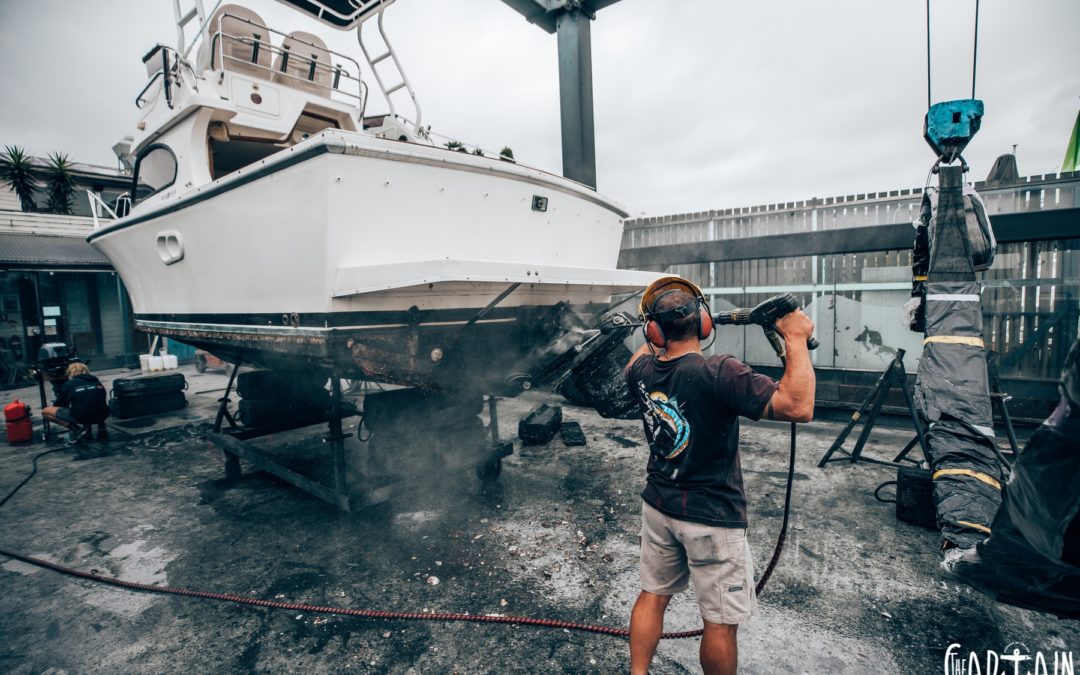

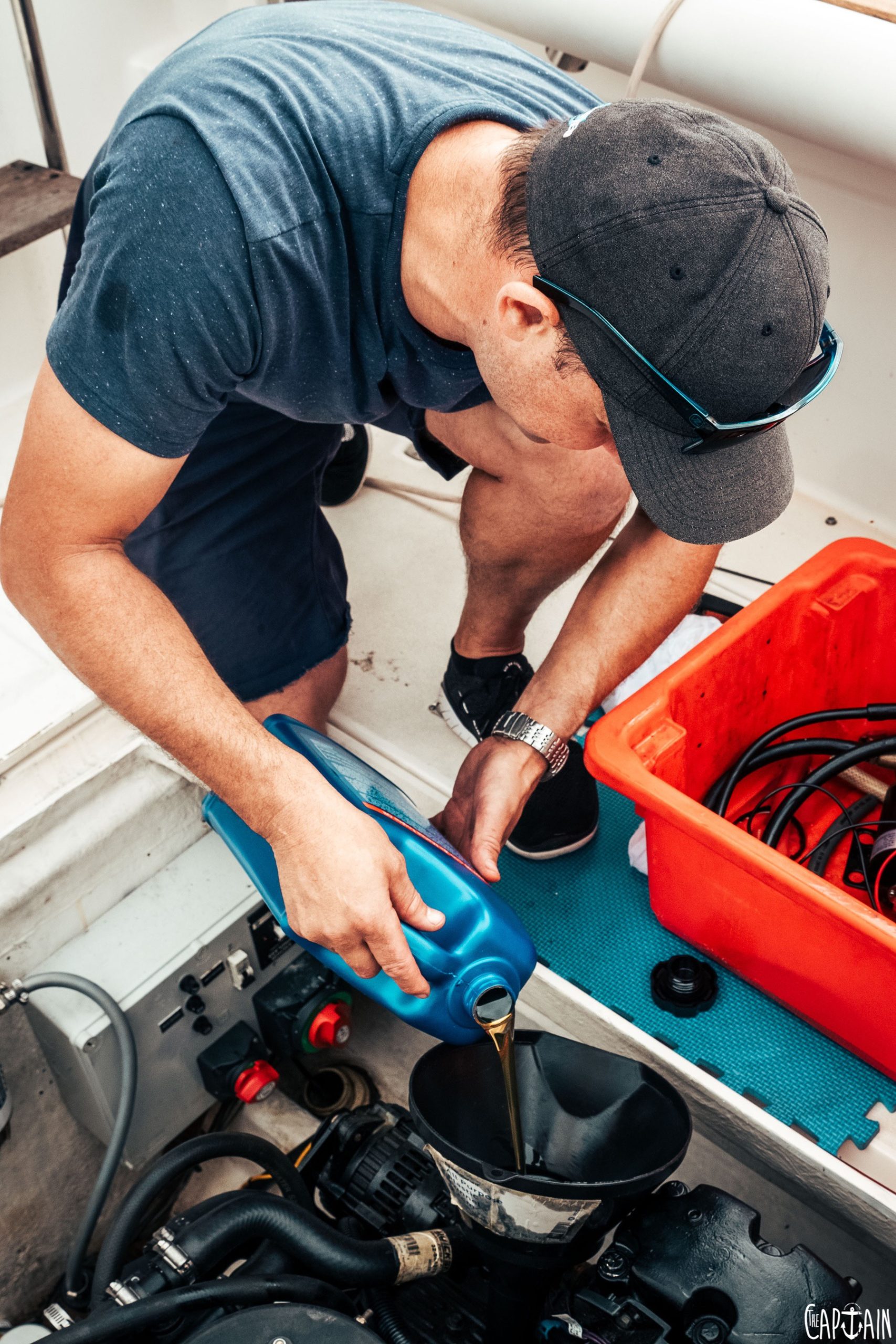
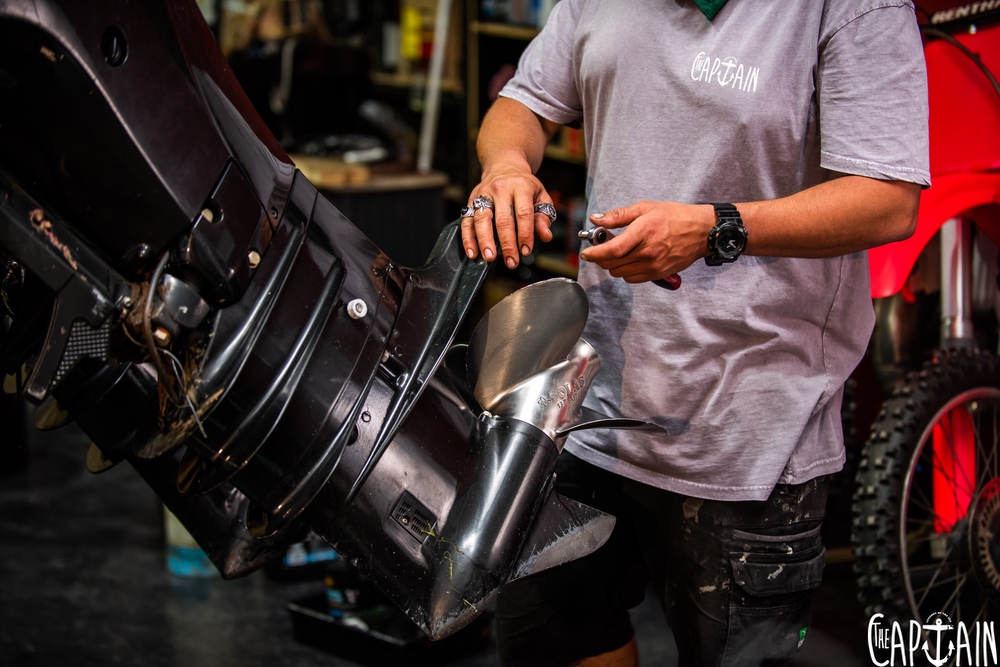

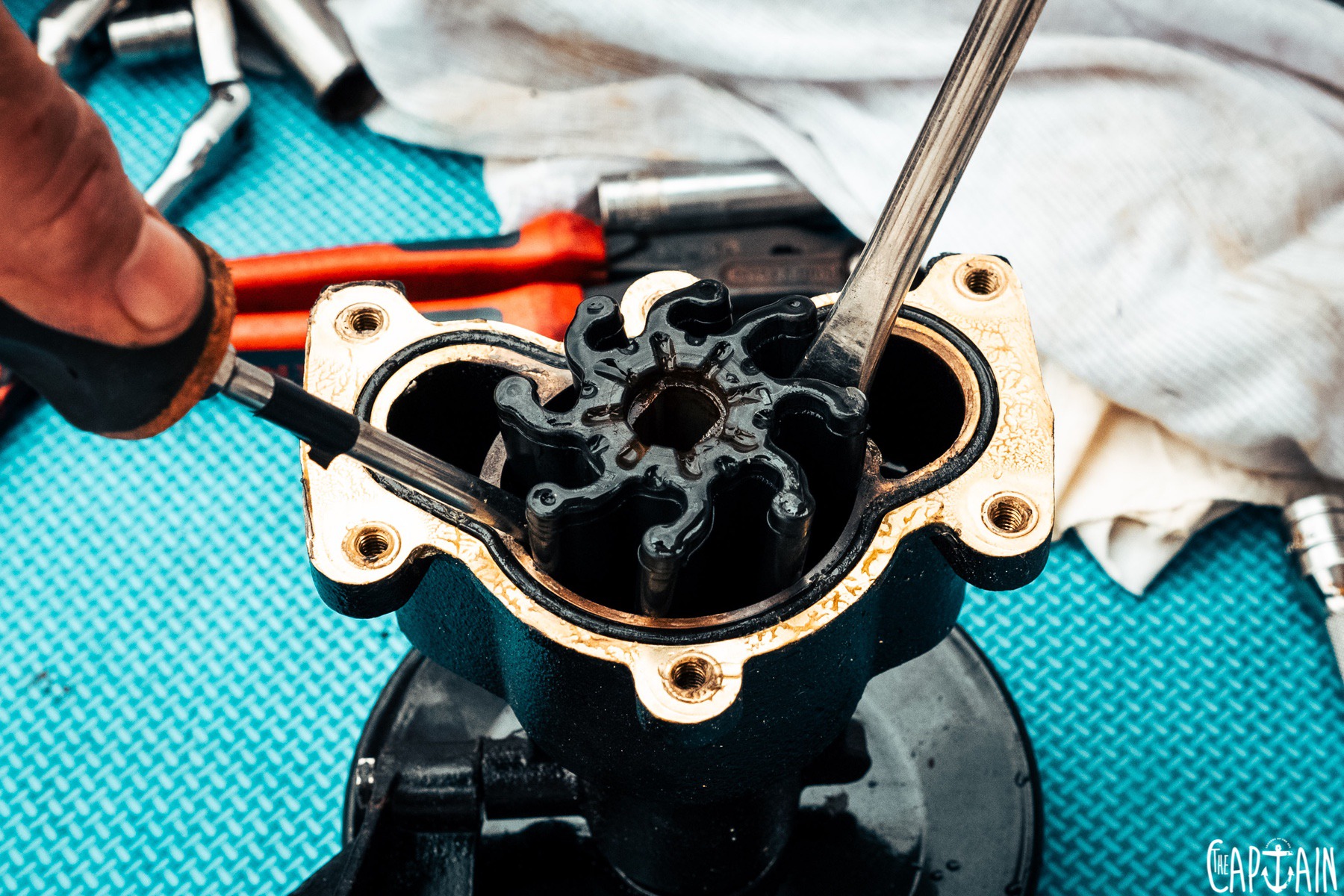
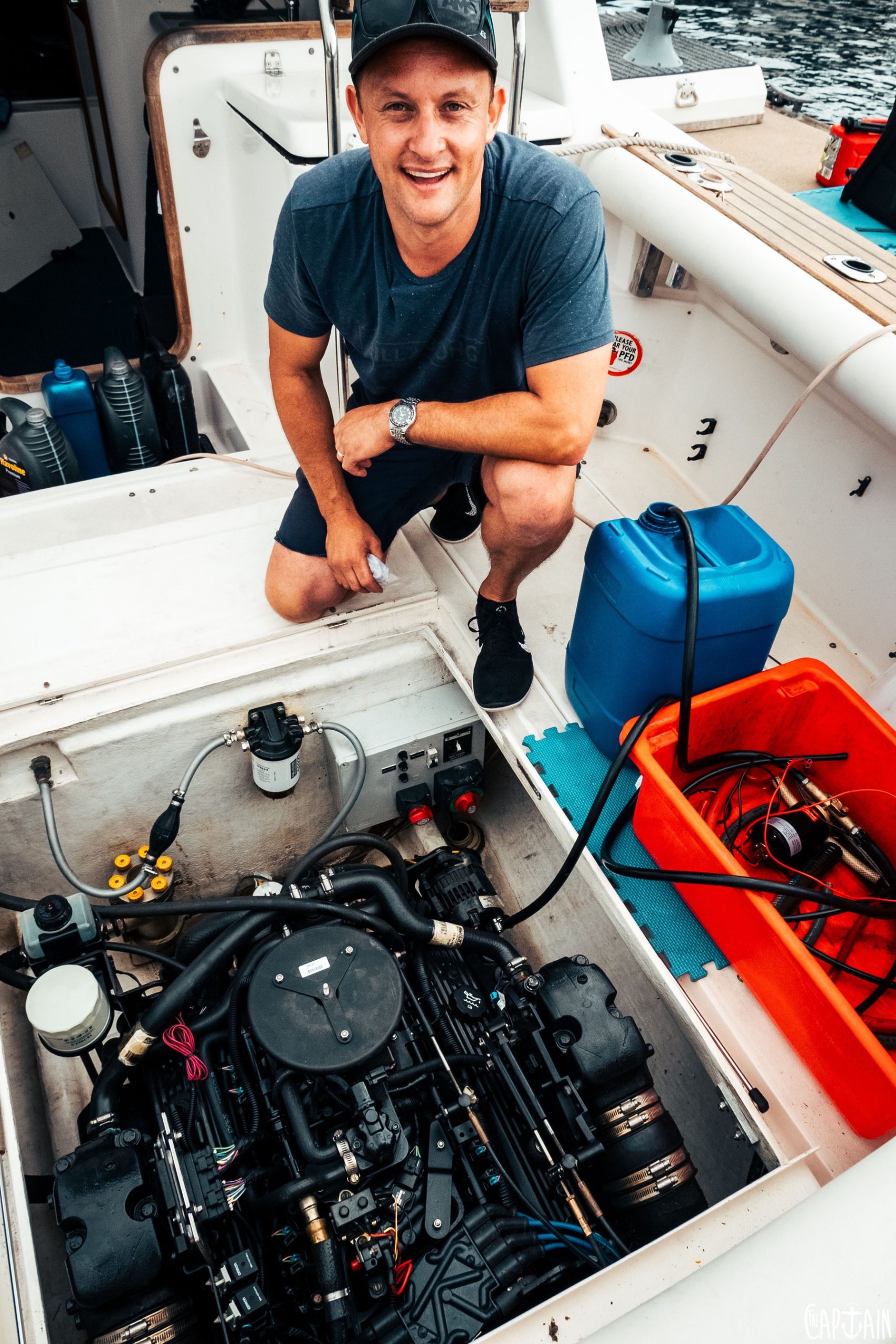
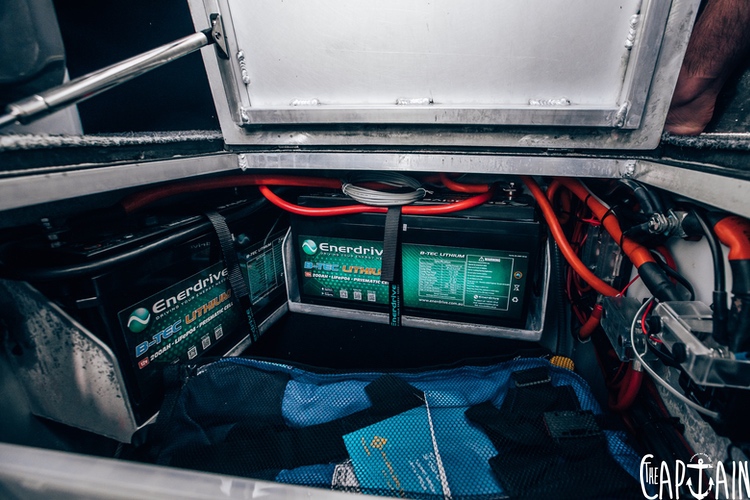


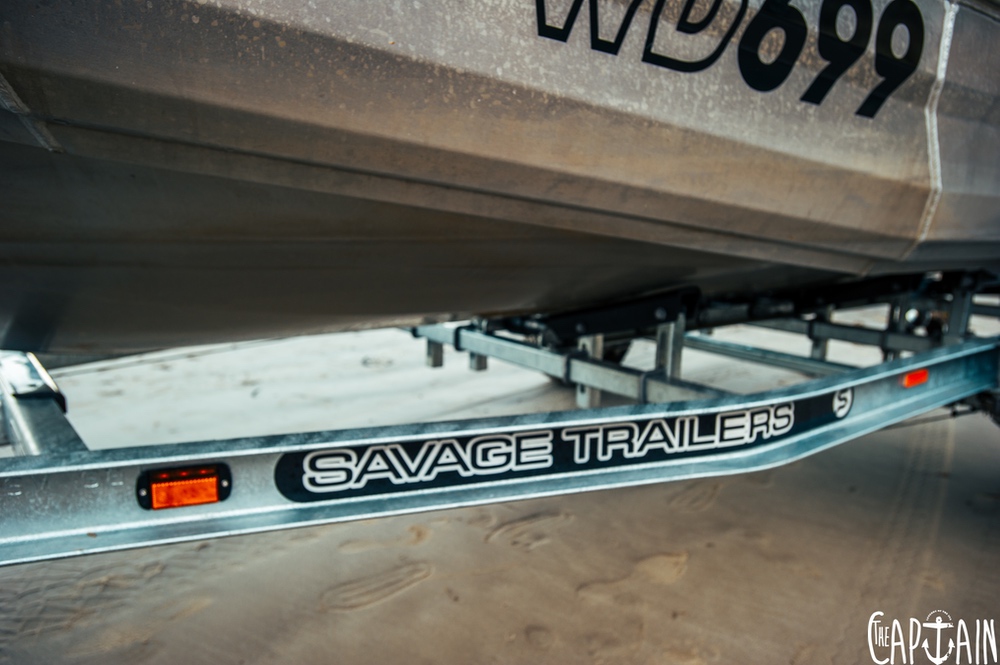
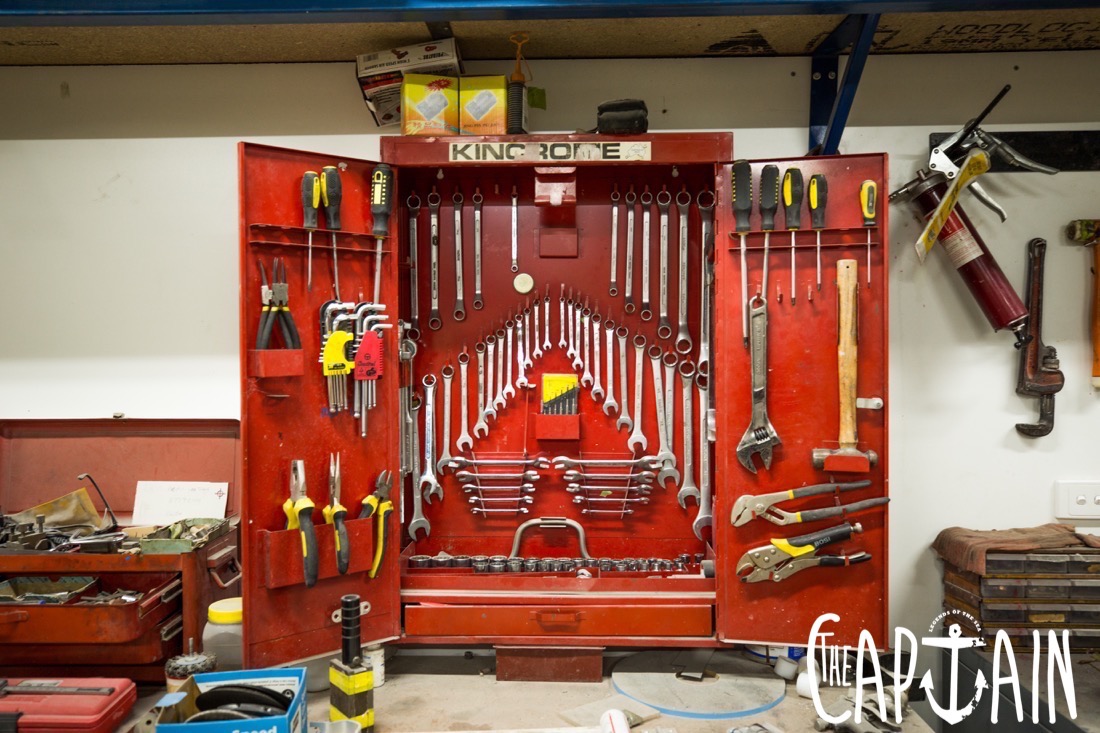
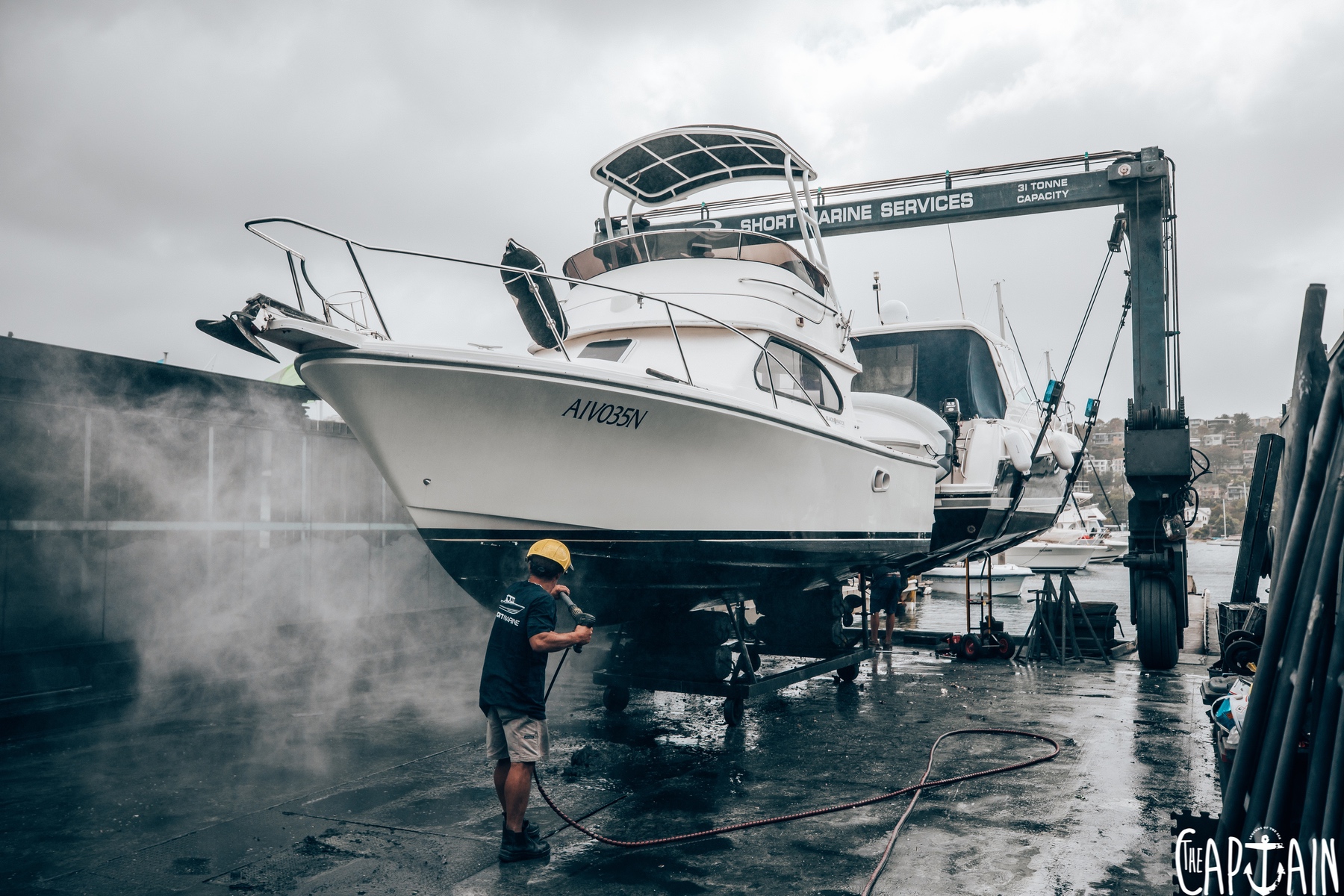
Recent Comments